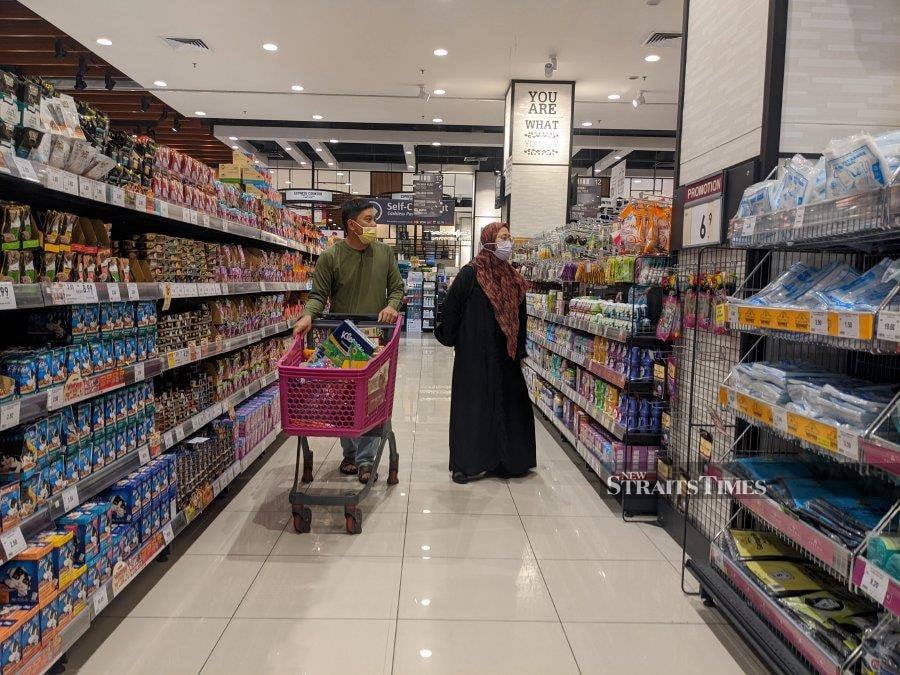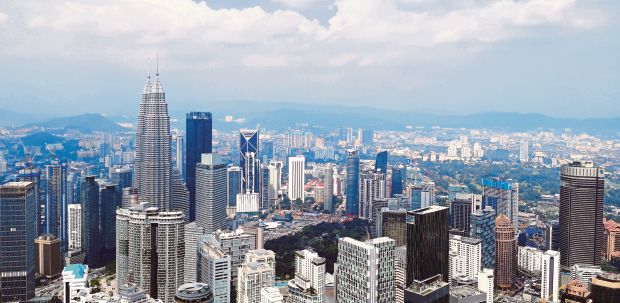LETTERS: While we celebrate Aidilfitri, beneath the surface lies a growing concern over the rising cost of essential items that many Malaysian households are grappling with.
The surge in prices, which was also observed during Ramadan in previous years, presents a significant challenge to Raya celebrations.
While price fluctuations are not uncommon and often attributed to the basic principles of supply and demand, recent escalations are the result of the recently introduced 6 per cent service tax on logistics services and the two per cent service tax hike from 6 per cent to 8 per cent for selected services.
As businesses pass on increased production or service costs to consumers, households are feeling the pinch.
This will severely affect those at the bottom of the socioeconomic pyramid, for whom one third of income is allocated to the purchase of food and beverages.
Businesses and households are also expressing concerns over the implementation of targeted subsidies. There is a lingering expectation of an increase in inflation since the government announced its fiscal reform last year.
With the implementation of RON95 targeted subsidies and the 2 per cent increase in service tax for selected sectors, a fraction of the M40 population will also be impacted as they find themselves balancing precarious budgets and higher debt burdens.
The fiscal consolidation the government is currently committed to is often a politically unpopular decision but a necessary move that works like a bitter pill for the economy in the course of reducing deficits and government debt.
Subsidies and social assistance, accounting for 17.4 per cent of operating expenditure, is projected to decrease by 17.9 per cent to RM52.8 billion.
Of the total, about 60 per cent is allocated for subsidies, a reduction of 23.54 per cent from last year's subsidies expenditure.
The savings from this reduced expenditure, combined with increased tax revenue, is expected to trickle down to consumers in the form of improved public infrastructure and social welfare initiatives.
It is crucial for policymakers to remain mindful of the plight of society's vulnerable segments.
While fiscal discipline is necessary, it must be accompanied by measures to protect the most marginalised and ensure that the burden of economic adjustment is shared equitably.
DR ZAIRIHAN ABDUL HALIM
Faculty of Business, Economics and Social Development, Universiti Malaysia Terengganu
The views expressed in this article are the author's own and do not necessarily reflect those of the New Straits Times





